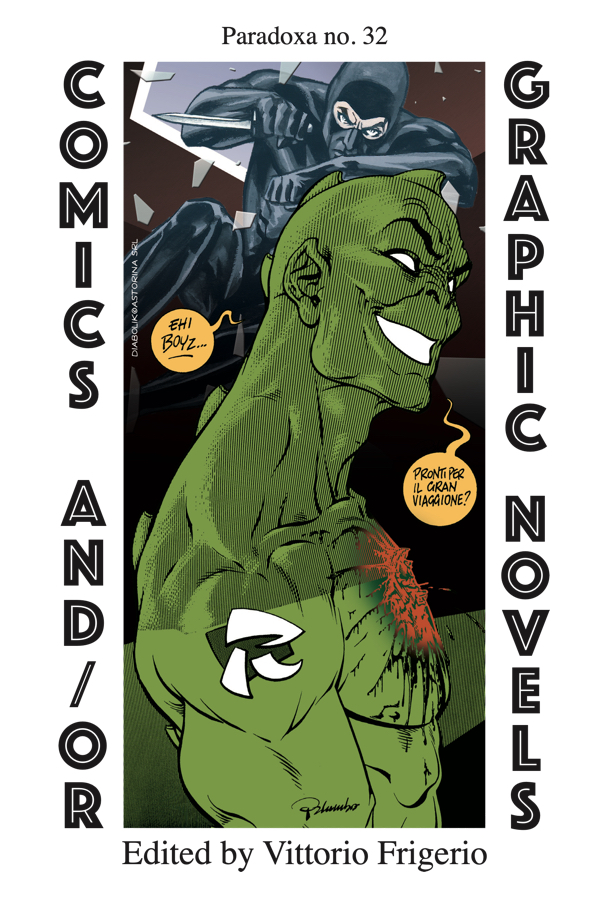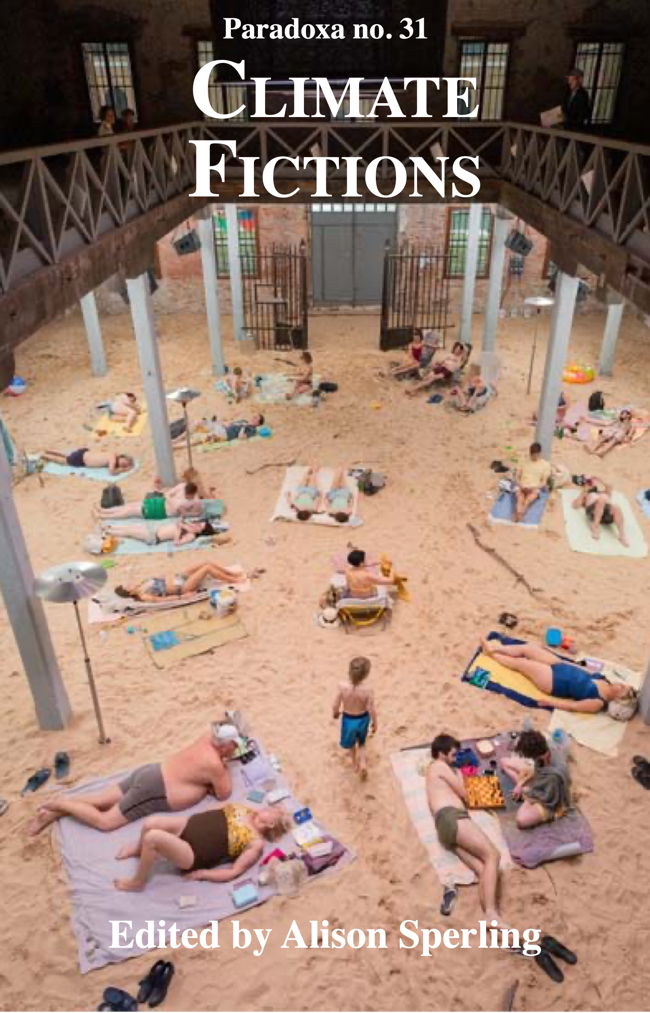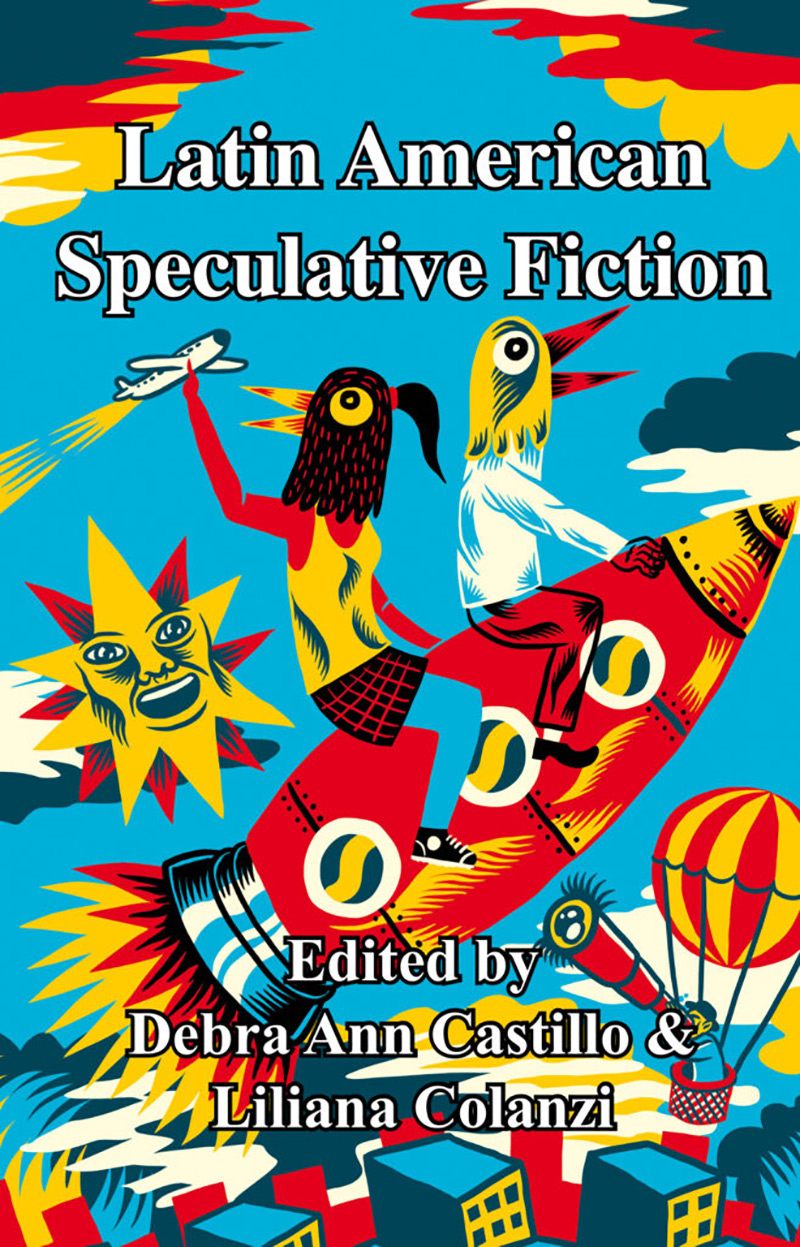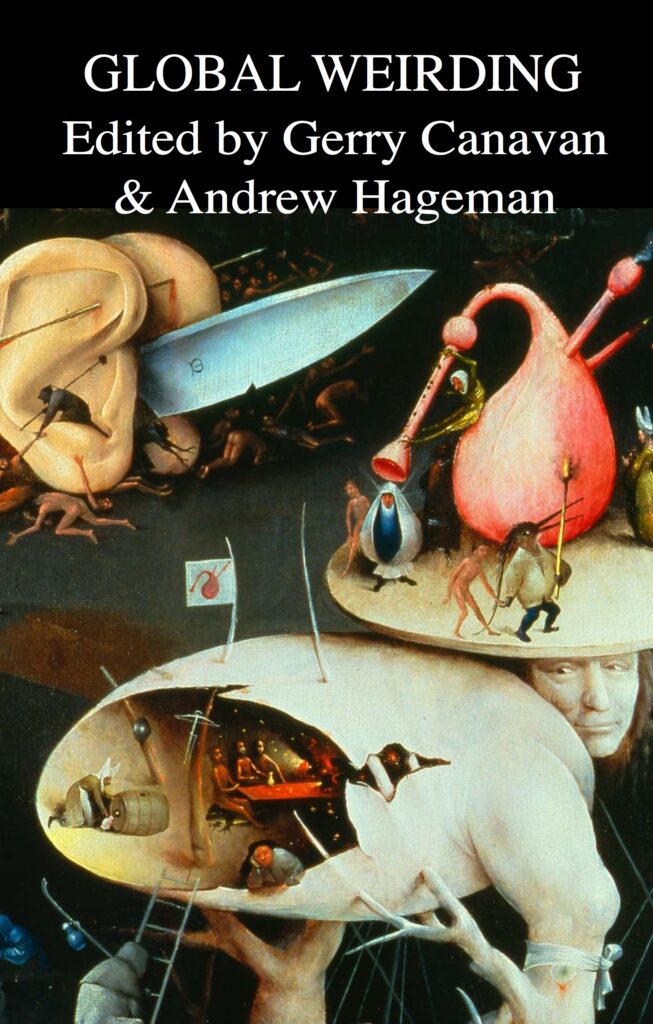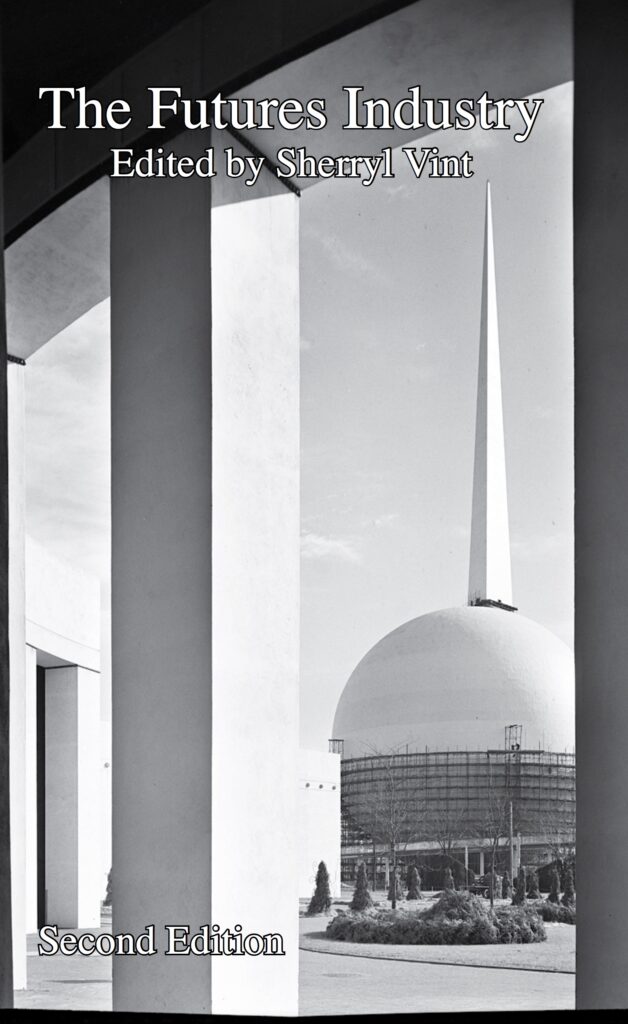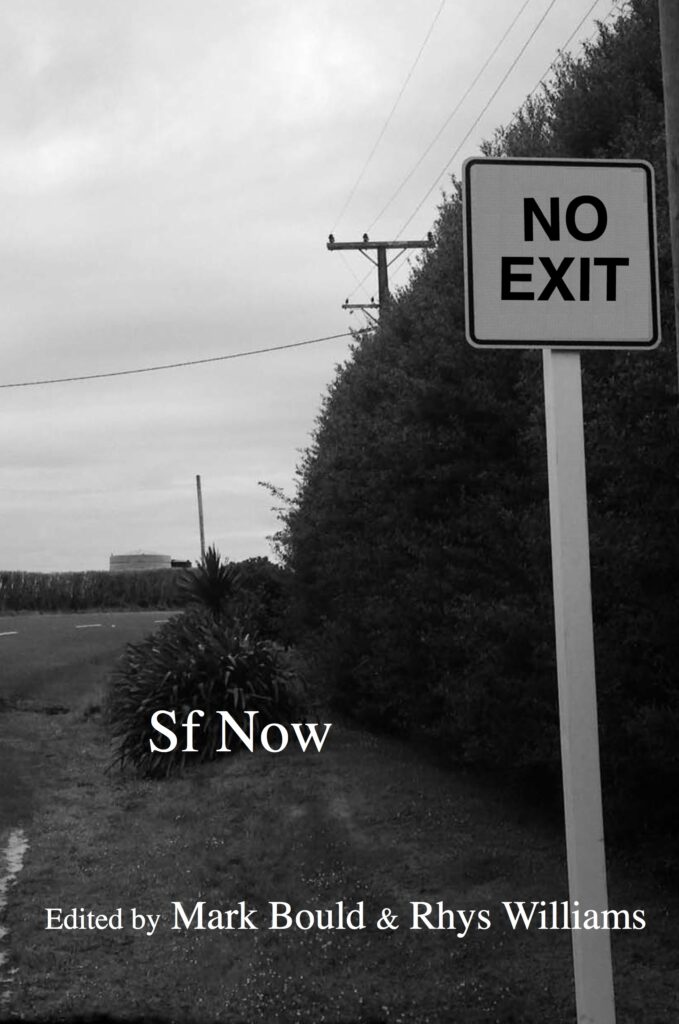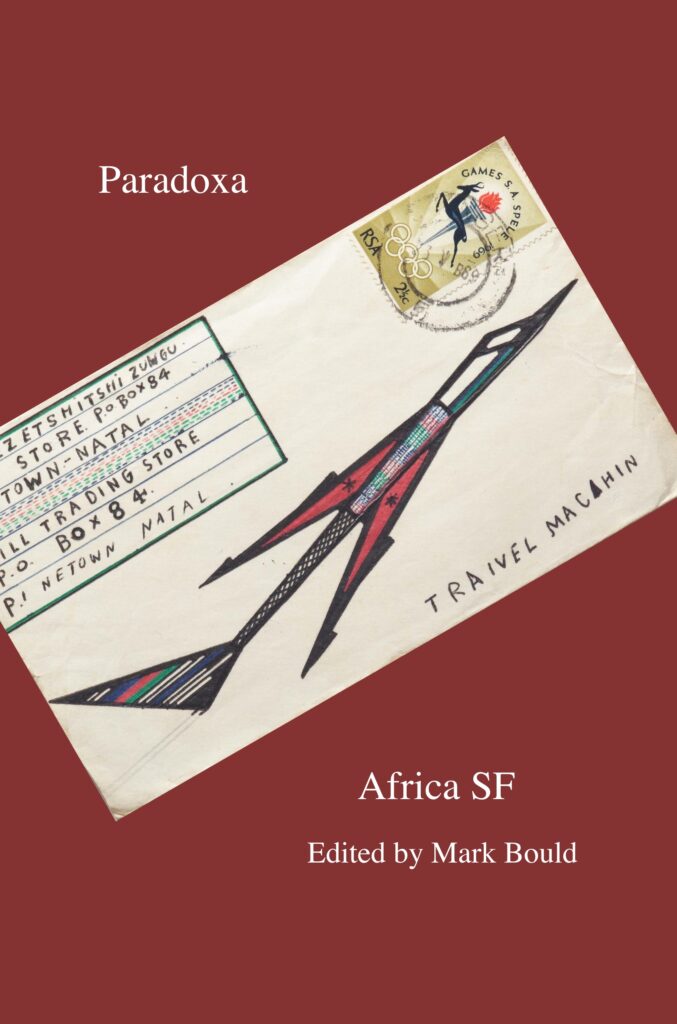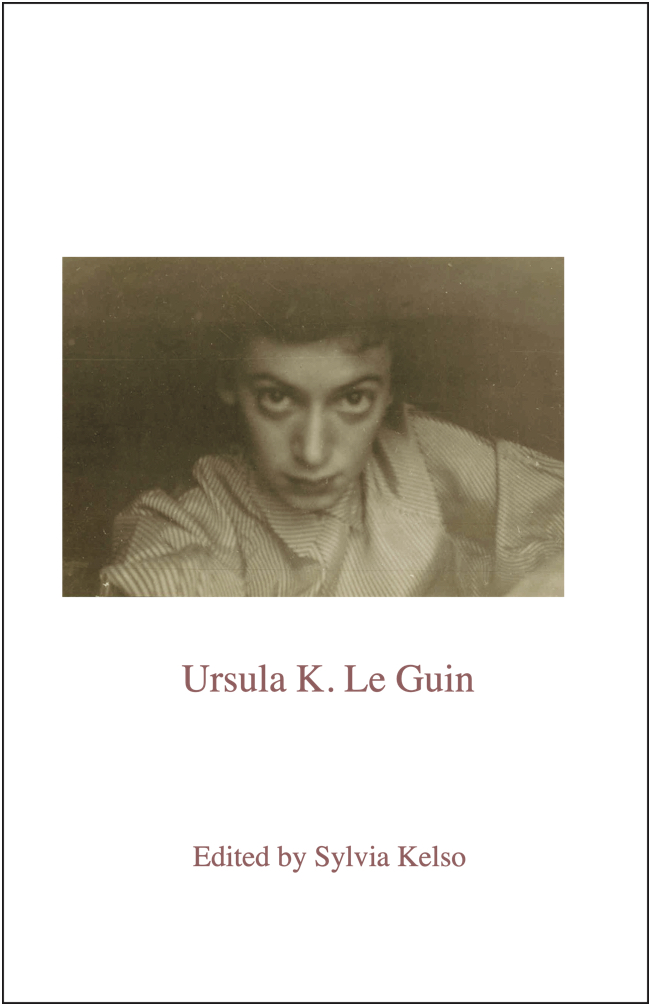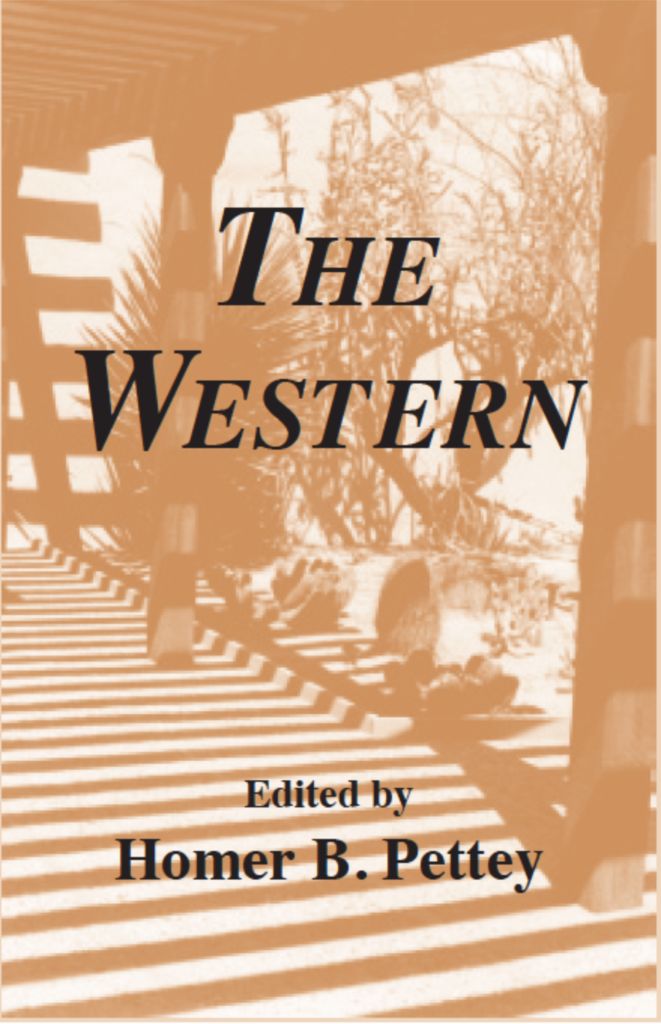Gerry Canavan
Abstract
The Legend of Zelda (1986), for the original Nintendo Entertainment System, posited an immediately familiar fantasy milieu: a sleeping princess, an evil king, magical helpers, ancient artifacts of intense power, the rise of a hero. Players guide that hero, Link, through a series of increasingly difficult dungeons, accumulating tools and expanding their abilities in a linear narrative of personal development until they are finally able to defeat Ganon, rescue Zelda, and save the beleaguered kingdom of Hyrule. The end. But subsequent entries in the series cannot adhere to this narrative of linear progress and individual triumph, developing instead an increasing convoluted meta-narrative in which Hyrule is beset by a recurring, multi-generational curse that cannot never be expiated or broken, only (at best) temporarily delayed. As with other long-running SF/F franchises (Star Wars, Star Trek, Harry Potter, D.C. and Marvel comics, and others), therefore, entries in the Zelda series since the original therefore take place in an increasingly tragic universe, in which the reincarnations of the original Link and Zelda are reborn over and over again to defeat an unkillable Ganon. This entropic logic reaches its greatest expression in the transcendent Breath of the Wild (2017) for the Nintendo Switch, an immense open-world game that takes place in a ruined Hyrule that Link and Zelda had failed to save. Suspending Link in a techno-organic cocoon that puts him to sleep for a thousand years—itself the remnant of an advanced ancient civilization that had itself fallen into ruin, millennia before their time—Zelda magically freezes herself and Ganon in time moments before his victory to prevent his final ascension, allowing Link sufficient time to recuperate and gain the new powers necessary to win this time. The game’s breathtaking vistas and acclaimed sandbox gameplay are thus part and parcel of its dyspeptic vision of the Anthropocene—Wild’s Hyrule is a depopulated and (multiply) destroyed civilization, whose always-already ruined future can only be mitigated against, not prevented or saved.

